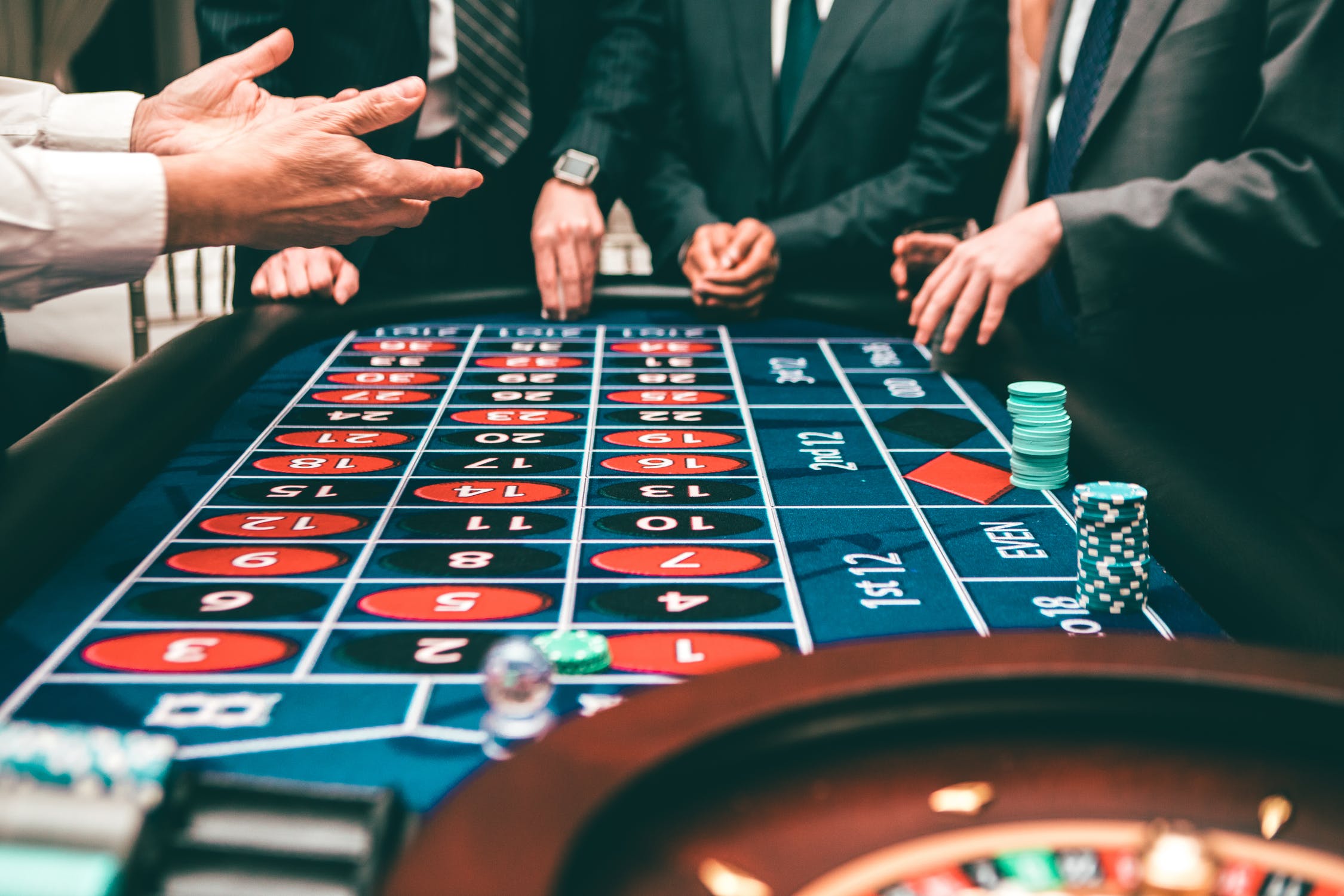A Mystery of Casino Game Superstitions

In the world of gambling, where chance and strategy converge, a unique tapestry of beliefs emerges—one that weaves together luck, fate, and the enigmatic nature of casino games. Casinos, bustling with excitement and anticipation, are not just spaces for placing bets; they are also arenas where superstitions thrive. Ranging from the novice player to the seasoned gambler, these mysterious practices often shape how individuals approach the games they play, believing that their actions can impact the outcome in ways that go beyond mere probability.
As players gather around roulette wheels, blackjack tables, and slot machines, the atmosphere is thick with stories of lucky charms, rituals, and codified behavior that defy logic yet provide a sense of comfort. It could be the case that it’s wearing a specific outfit, following a particular sequence of bets, or even avoiding certain numbers, the attachment to various superstitions reflects a deep-rooted desire to master the uncontrollable. This article delves into the captivating world of casino game superstitions, examining the beliefs that both entertain and mystify those who dare to play.
Historical Origins of Superstitions
Gambling games have long been entwined with an host of superstitions that can be traced to primitive societies. The beginnings of these notions can be associated to humanity's intrinsic need to manage the unpredictable outcomes associated with luck and uncertainty. In primitive civilizations, games of uncertainty were often tied to religious practices. Players would invoke aid or seek favor from spirits, believing that their actions could change the odds in their benefit. This basis laid the groundwork for the multitude of superstitions that spread as gambling evolved over ages.
During the medieval period, betting became a widespread activity across the continent, and with it, a rich tapestry of superstitions developed. Players adopted different rituals and charms, believing they could influence the results of games. The significance of digits, in particular, began to appear in superstitions related to card games and dice. The number 7 was often considered favorable, while different numbers carried unfortunate connotations. These notions mirrored the societal contexts of the time, changing as they passed through generations and transformed to different gaming environments.
As casinos appeared in the seventeenth century, particularly in the Italian peninsula and France, the atmosphere surrounding gambling became saturated in mystery. The growing availability of casino activities allowed for the expansion and growth of superstitions among players. Concepts like lucky charms, designated seating positions, and rituals gained prominence, creating a special culture within casinos. As these customs continued to thrive, they became integral to the identity of gambling activities, illustrating how history and society shape the belief systems that influence how participants interact with fortune.
Popular Gambling Myths
Beliefs surrounding casino activities are plentiful and varied, mirroring the dreams and fears of players as they engage in random activities. One of the most prevalent beliefs is that specific digits bring luck or bad luck. For example, the number seven is often seen as a favorable digit, frequently sought after by gamblers looking for a favorable result. Conversely, the number 13 is routinely considered unlucky, leading many players to avoid it during their gaming periods.
Another common superstition relates to practices that players believe can influence their chances. Whether blowing on the dice before a roll, using a specific gesture to place a wager, or even putting on specific items of clothing, many individuals feel that these actions can tilt fate in their benefit. These rituals offer a sense of power in an otherwise random environment, reinforcing the idea that luck can be created through individual convictions and habits.
Lastly, the ambiance and vibe of the casino itself contributes to myths. Many gamblers suggest that the presence of specific symbols, such as four-leaf clovers or lucky tokens, can enhance their chances of winning. Additionally, players might adhere to the belief that victory streaks can be interrupted by mundane occurrences, such as a person walking past or a spill at the gaming surface. The collective environment in a casino can amplify these beliefs, creating a shared culture of superstitions that transcends individual encounters.
Impact of Superstitions on Players
Beliefs play a important role in the psychology of casino players, often affecting their behavior and decision-making. Numerous gamblers think that luck can be manipulated through different rituals, such as donning a talisman, selecting specific colors, or avoiding certain numbers. This dependence on superstitions can create a feeling of authority in an environment that is intrinsically unpredictable. Players frequently feel more confident and involved when they feel that their actions could sway the outcome of a game in their advantage.
The influence of these superstitions extends past individual players, affecting the overall atmosphere within the casino. For example, a player who believes in the luck of a particular slot machine might attract a gathering, as others are intrigued by their apparent success. This shared belief can heighten excitement and create a dynamic environment, leading to an engaging experience even for those who may not necessarily be believers themselves. The excitement around specific games can lead to higher participation and longer playing sessions, supporting the casino's lively social scene.
In some cases, superstitions can lead to negative effects for players. Relying too heavily on rituals can result in poor gambling decisions, as some may overlook basic strategies in favor of unfounded beliefs. Additionally, the stress to perform rituals may increase anxiety and tension, detracting from the enjoyment of the experience. nouveau casino en ligne Ultimately, while superstitions can enhance the excitement of playing casino games, they can also lead to poor choices that overshadow the enjoyment and entertainment intended in the casino experience.
